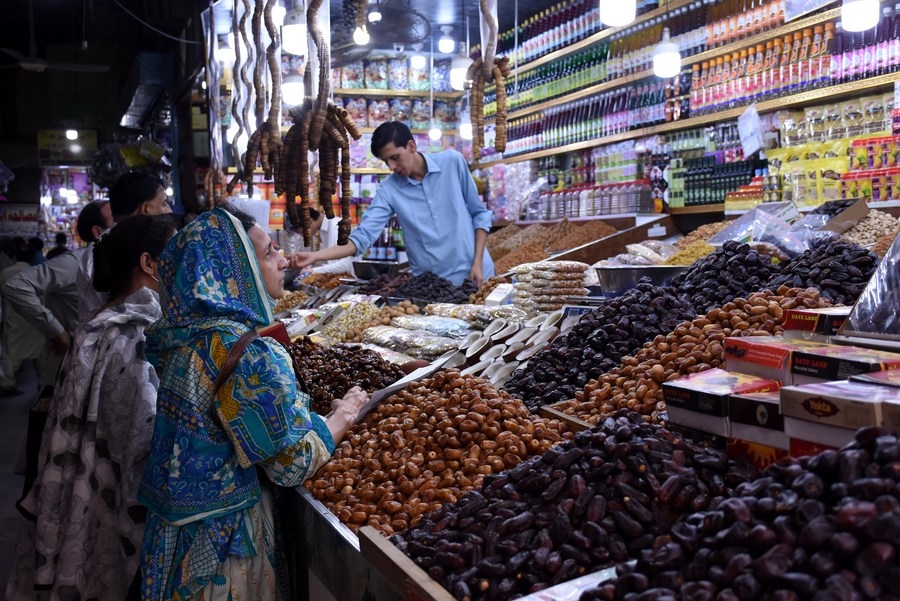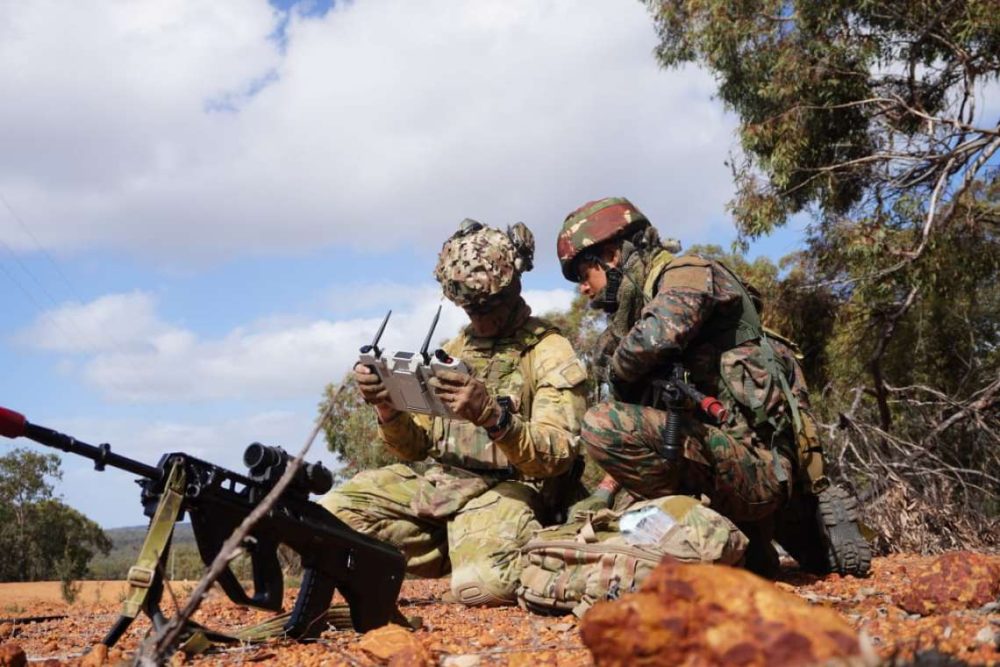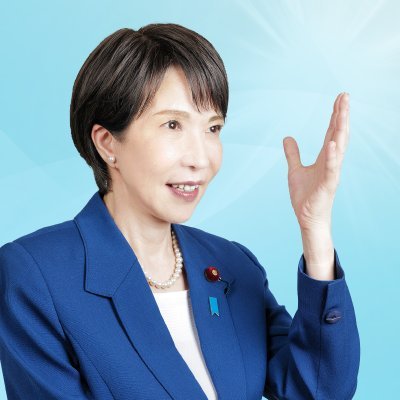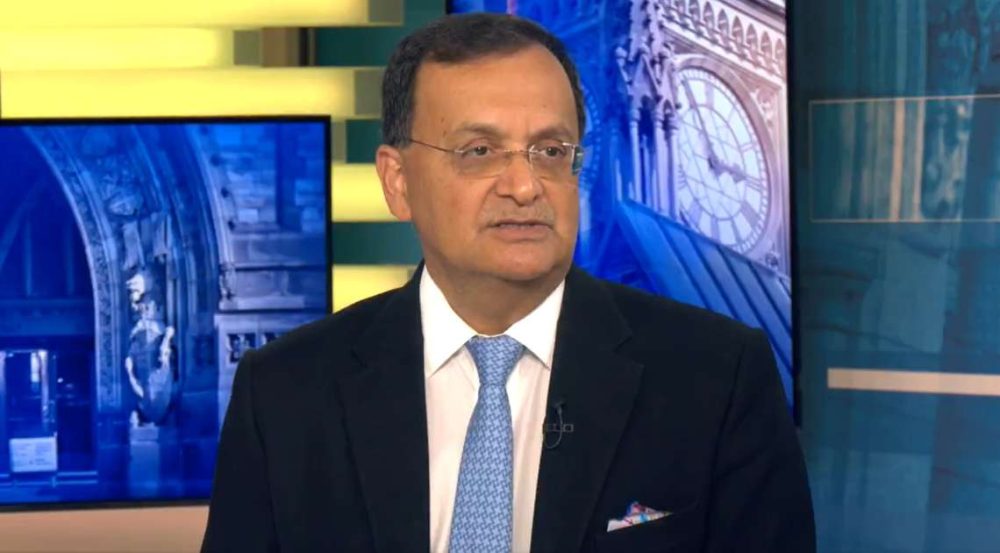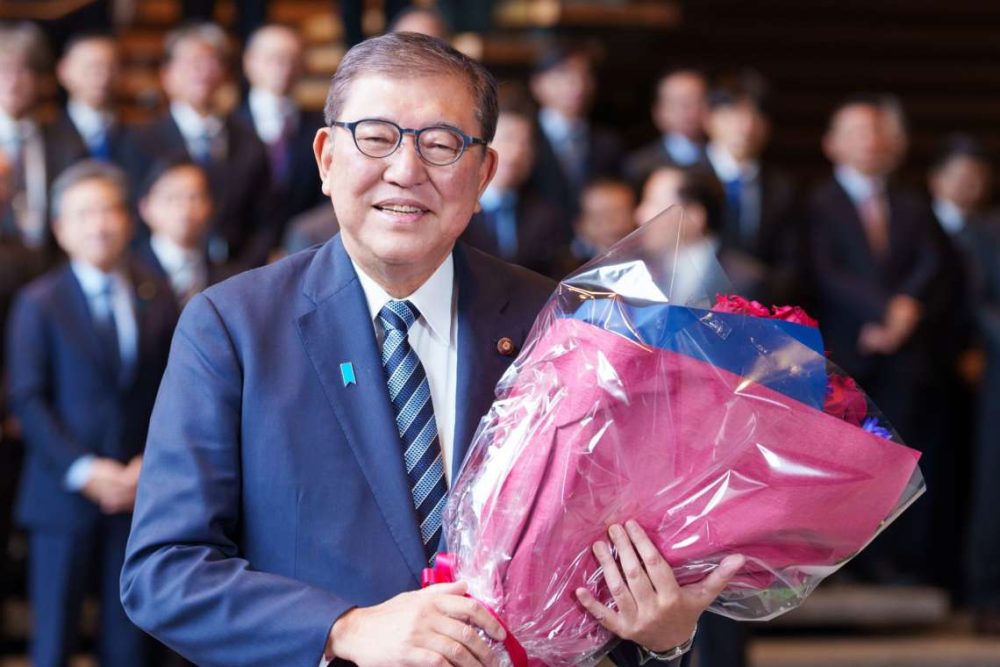China will have to actively explore the Russian market abandoned by Western companies and fill gaping holes and gaps, writes Sergei Strokan…reports Asian Lite News
Chinese President Xi Jinping ended a state visit to Russia, which became one of the news-breaking stories of the year. The huge interest in the Chinese leader’s trip to Moscow was triggered not only by the special relations between Russia and China, which act in tandem against the US-led coalition of the West on key international issues.
The second factor that made world politicians, experts and the media follow the negotiations between the Russian and Chinese leaders was the unexpected self-nomination of Beijing to the role of peacemaker in Ukraine. The 12-point Chinese peace plan, unveiled on February 24, which was the first anniversary of the start of the Russian military operation in Ukraine, provoked contradictory responses.
Not surprisingly, the first foreign visit of Chinese President Xi Jinping after his re-election as head of state for a third five-year term at the March session of the Chinese parliament became the most discussed topic in the world even before the Chinese leader’s plane landed at Moscow airport.
To the sounds of a military orchestra, the Chinese guest was greeted by Russian Deputy Prime Minister Dmitry Chernyshenko, Deputy Foreign Minister Andrei Rudenko, and Russian Ambassador to China Igor Morgulov, while a huge crowd of journalists was waiting for top news near the airport gate.
The programme of Xi Jinping’s three-day visit to Moscow included one-on-one talks with Vladimir Putin, and an informal dinner on the first day of the visit. Official talks were scheduled for Tuesday, which became the key day of the Russian-Chinese summit before Xi Jinping flew home on Wednesday.
“We attach great importance to the informal closed conversation between the two leaders who discuss the most important, key, most sensitive issues related to the relations between the two countries, including the conduct of affairs in the international arena” said Yuri Ushakov, Putin’s aide.
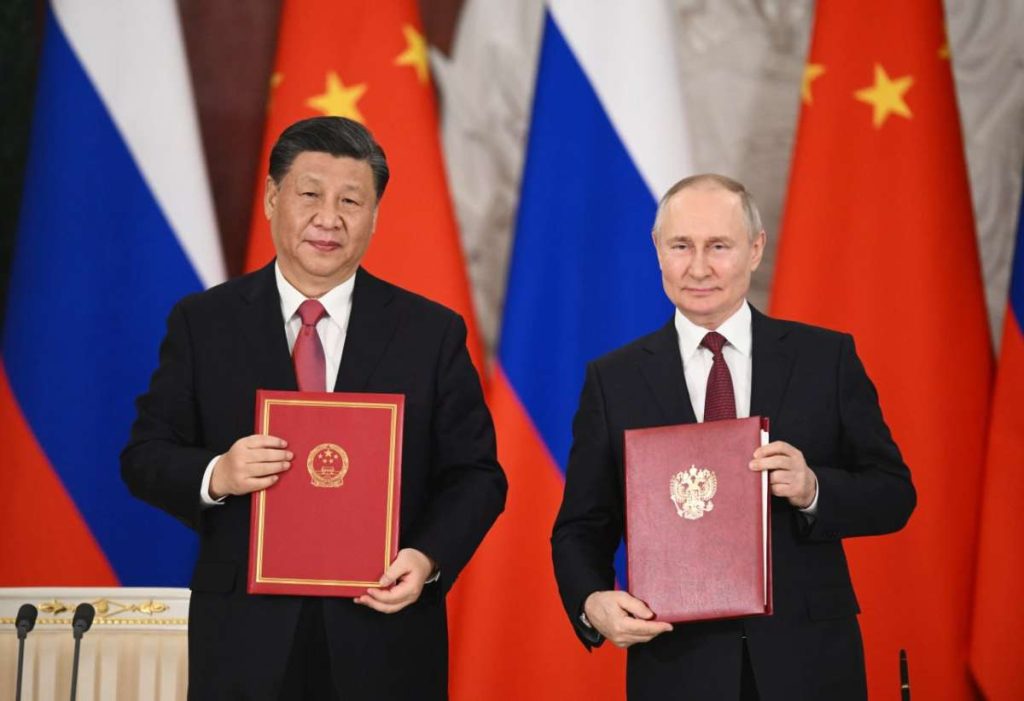
While the details of the confidential talks between the two leaders were not disclosed, on the eve of the meeting, Xi Jinping and Vladimir Putin outlined in detail their vision of the Russian-Chinese strategic partnership against the background of the situation in the world and outlined the ways to resolve the Ukrainian conflict, as they are seen in Moscow and Beijing.
The Chinese leader wrote an article for the RIA Novosti news agency and Rossiyskaya Gazeta with the headline reminiscent of communist slogans “Persistently move forward – towards new prospects for friendship, cooperation and joint development of China and Russia.”
In turn, Vladimir Putin on the same day published in the main Chinese newspaper the People’s Daily his article ‘Russia and China – a partnership looking to the future’.
The article of the Chinese leader is distinguished by a special oriental style, which allows everyone to read and interpret it in their own way. In one paragraph, he calls Russia and China “the largest neighbours, strategic partners of comprehensive cooperation,” in another – “fellow travellers in development and revival, which will make a greater contribution to the progress of human civilization.”
In turn, Vladimir Putin, in his article for the People’s Daily, talking about President Xi’s visit, appeals to the wisdom of Confucius, who exclaimed: “Isn’t it a joy when a friend comes from afar!”. “We in Russia also highly appreciate these qualities, for us a true friend is like a brother. In this our peoples are very similar,” Vladimir Putin describes the genesis of the modern Russian-Chinese brotherhood.
“Among the “waves and winds” on the planet, we closely cooperate in international affairs and, standing shoulder to shoulder, “like a rock in the middle of a turbulent stream,” we effectively coordinate foreign policy positions, fight common threats, respond to modern challenges,” the Russian president opined.
Against this background world politicians, experts and the media were actively discussing what the leaders of China and Russia would talk about. One of the loudest statements was made by the coordinator for strategic Communications at the National Security Council of the White House John Kirby, who warned that Washington would reject any proposals from Moscow and Beijing, which would call for a truce in Ukraine as it “serves Russia’s interests only”.
However, the Ukrainian crisis was not the only topic of negotiations in the Kremlin. A joint statement was signed, which states: “”Relations between Russia and China are not a military-political alliance, similar to the alliances formed during the Cold War.”
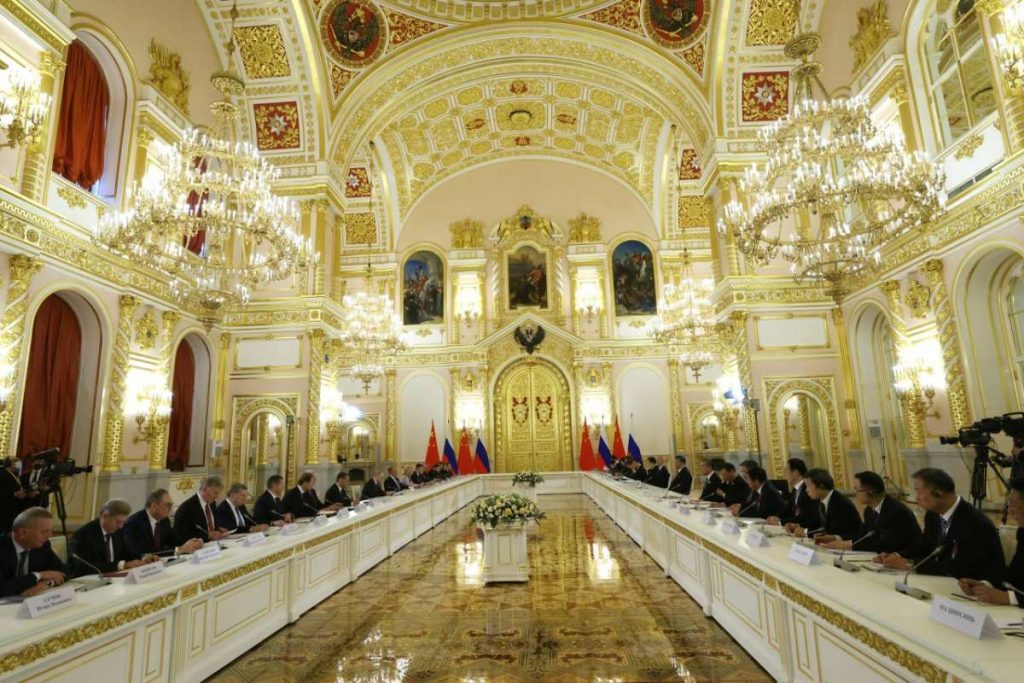
Thus, Russia and China have focused on trade and economic cooperation, rethinking the idea of the Council of Mutual Economic Assistance – the economic alliance of the countries of the socialist camp that existed before the collapse of the USSR. At the moment, the trade turnover of the two countries is approaching the $200 billion mark. The two sides agreed until 2023 to increase the volume of trade in goods and services several times, to deepen ties in eight strategic areas. China will have to actively explore the Russian market abandoned by Western companies and fill gaping holes and gaps.
“Healthy competition in the era of the war of sanctions does not work. We are witnessing a life-and-death geopolitical battle. And in this battle, it is vitally important for Beijing to have Russia in its camp with its limitless and cheap resources,” Maxim Yusin, a columnist for the Kommersant newspaper, commented on the results of the Chinese leader’s trip.
However, Yusin pointed out that Russia has become China’s “junior partner”.
“Russia is becoming increasingly tied to its most powerful partner in Asia. In many cases, in fact, it becomes its raw material appendage, and in political terms — a junior partner. Chinese politicians and diplomats have enough intelligence not to emphasize this once again. On the contrary, they show the proud Russian partner signs of attention and respect, as is the case with the current three-day visit,” — the expert continues.
“Gradually, but steadily, Russia is becoming for Beijing what Alexander Lukashenko’s Belarus has become for Russia. For a country accustomed to considering itself a great power, like Russia this is not the most pleasant statement. However, if we compare the economic indicators of Beijing and Moscow, if we recall the Kremlin’s international semi-isolation, there is nothing surprising in this,” Yusin concludes.
(Sergei Strokan is a veteran journalist, writer and columnist of the Kommersant publishing house based in Moscow. The views expressed are personal and exclusive to India Narrative)






